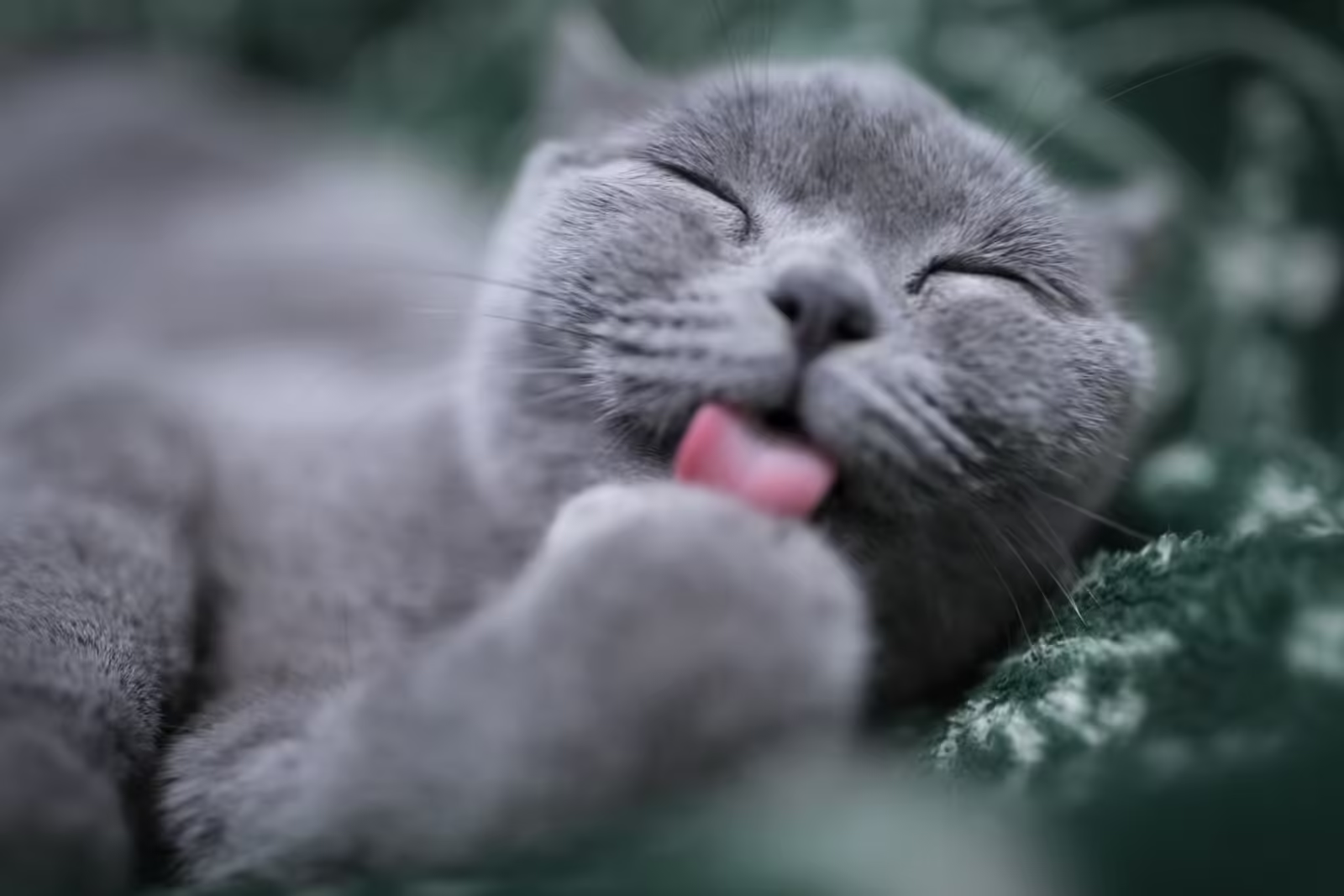Drooling in cats might seem like a quirky or harmless behavior, but it can sometimes be a sign of an underlying issue. Understanding why your cat is drooling can help you address the root cause and ensure your feline friend remains healthy and happy. Here are six common reasons for cat drooling, ranging from sickness to stress.
1. Dental Problems
Symptoms and Causes: Dental issues are a common cause of drooling in cats. Conditions like gingivitis, periodontal disease, or tooth abscesses can cause discomfort and pain, leading to excessive saliva production. Cats may also have bad breath, difficulty eating, or swollen gums.
What to Do: Regular dental check-ups and cleanings are crucial for preventing dental issues. If your cat is already drooling and showing signs of dental discomfort, a visit to the veterinarian is necessary. Your vet may recommend a dental cleaning, tooth extraction, or other treatments to address the problem.
2. Oral Health Issues
Symptoms and Causes: Apart from dental disease, other oral health issues such as oral tumors, infections, or foreign objects stuck in the mouth can cause drooling. Cats with oral health problems may also exhibit a reduced appetite or struggle to eat.
What to Do: If you suspect an oral health issue, your vet will perform a thorough oral examination. Depending on the diagnosis, treatment may involve surgery, medication, or removal of foreign objects. Regularly checking your cat’s mouth for abnormalities can help catch problems early.
3. Nausea or Gastrointestinal Issues
Symptoms and Causes: Nausea and gastrointestinal problems can lead to drooling in cats. Conditions such as gastritis, intestinal blockages, or pancreatitis can cause a cat to drool as a response to discomfort or an upset stomach.
What to Do: If your cat is drooling along with other symptoms like vomiting, diarrhea, or loss of appetite, consult your veterinarian. Treatment will depend on the underlying cause and may include dietary changes, medication, or other interventions to address the gastrointestinal issue.
4. Poisoning or Toxic Ingestion
Symptoms and Causes: Exposure to toxins or poisons can result in drooling, as well as other symptoms like vomiting, diarrhea, or lethargy. Common household toxins include certain plants (e.g., lilies), human medications, and chemicals.
What to Do: If you suspect your cat has ingested something toxic, seek immediate veterinary attention. Your vet may induce vomiting, administer activated charcoal, or provide other treatments to mitigate the effects of the poison.
5. Upper Respiratory Infections
Symptoms and Causes: Upper respiratory infections, such as feline herpesvirus or calicivirus, can cause drooling along with other symptoms like sneezing, nasal discharge, and a decreased appetite. These infections can irritate the mouth and throat, leading to excess saliva.
What to Do: For upper respiratory infections, supportive care is often needed. Ensure your cat stays hydrated and consult your vet for appropriate treatments, which may include medications to manage symptoms and support recovery.
6. Stress or Anxiety
Symptoms and Causes: Stress and anxiety can manifest in various ways in cats, including drooling. Changes in environment, introduction of new pets, or alterations in routine can trigger stress responses, leading to excessive salivation.
What to Do: Addressing the source of stress is key. Providing a stable environment, engaging in interactive play, and offering comfort can help alleviate anxiety. In some cases, your vet might recommend behavioral therapy or medication to manage severe anxiety.
Conclusion
Drooling in cats can be a symptom of various issues, ranging from dental problems to stress. Observing your cat’s overall health and behavior, and consulting with your veterinarian when needed, will help you determine the cause and appropriate treatment. By understanding these potential causes, you can take the necessary steps to ensure your feline companion stays healthy and comfortable.
Remember, while some causes of drooling might be benign, it’s always best to consult with a veterinarian to rule out serious health concerns. Regular check-ups and being attentive to your cat’s needs will help maintain their well-being and happiness.











Leave a Reply